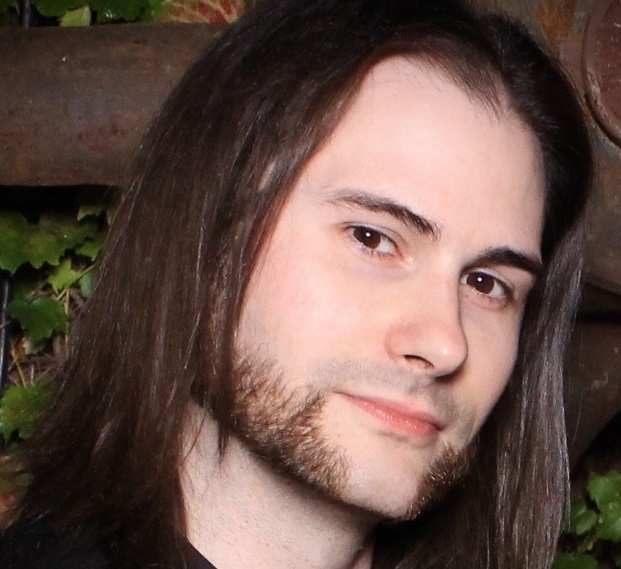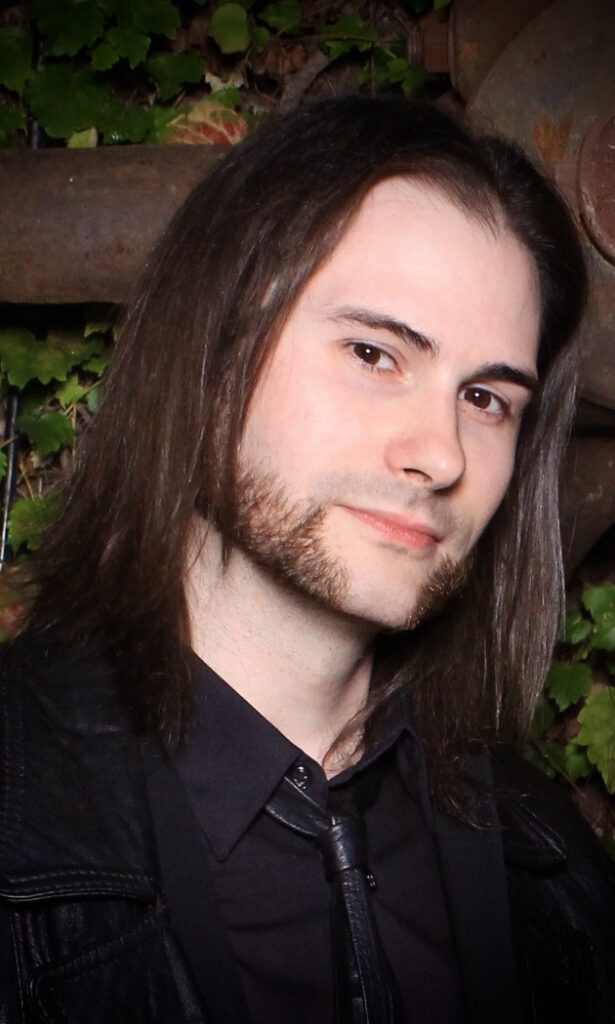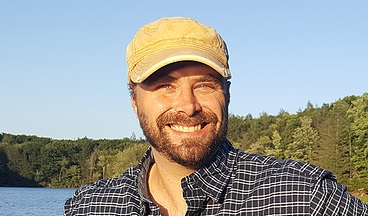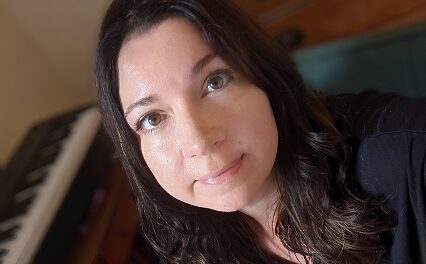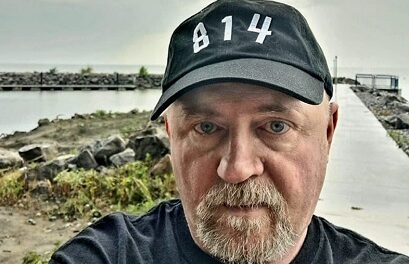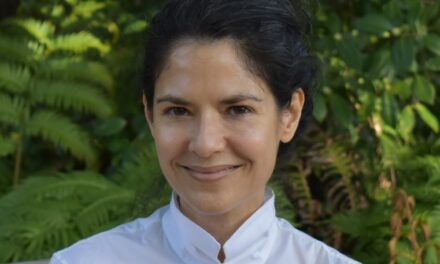Assistant Editor Lily Meyer: This week in our Writer’s Day Jobs series, we feature Sean Gill, who won our Robert & Adele Schiff Award for Fiction in 2017. Gill, who grew up in Ohio, has had a hugely varied career across all kinds of labor. For the past decade, he’s been a writer and freelance video editor, which he discusses at length below, but his experiences go far beyond computer and television screens. He was kind enough to answer our questions about his many jobs—and, of course, how they have impacted his literary life.
How would you describe what you do for your day job?
For a little over a decade, I’ve worked as a freelance video editor, largely in nonfiction television and documentary. This spectrum is broad: it can mean documenting public defenders for National Geographic, following Maluma on tour for Billboard, or helping Al Roker share tips for weatherproofing your home.
I’ve been in the workforce for over twenty years, and before I settled on video editing, I was a jack-of-all-trades, bouncing from one job to another. Anything to make the rent, you know? Each of these jobs left some mark on me, even the ones I only held for a month or two. Some of them later inspired short stories, or entire sections of novels.
For instance, I’ve operated forklifts and cashiered at an Ohio grocery, worked in the copying and binding division at the NFL, cater-waitered and bartended for Mikhail Gorbachev and Sandra Day O’Connor, helped construct a Borders bookstore in Queens, done orderly work in a nursing home, managed a booth at a Thai trade show, and appeared as a background artist in the pilot episode of Martin Scorsese’s Vinyl. For a time I worked as a bouncer, manning the doors for concerts by Public Enemy, Jefferson Starship, and Isaac Hayes. My story in The Cincinnati Review was inspired in part by a temp job I once held answering phones at a medical research facility where, like in my story, I was startled to find an unexplained and eye-catching button on my console marked “Alert BioSector 4.”
What do you enjoy about video editing, and what are some of its detractions?
Sometimes, it’s the simple pleasures. When I worked on America’s Top Dog, a show where lovable canines complete rigorous obstacle courses (or sometimes just wander off into the distance), I would laugh to myself about being paid, in part, to watch dogs scampering down staircases and leaping gleefully into pools of water. On Martha Gets Down and Dirty, I found myself editing a show where Martha Stewart leans into her (wicked) sense of humor, showcasing sexual innuendos alongside gardening know-how. I mean, how can you not love that?
Some jobs are truly meaningful, too. I cut educational videos for an institution that specializes in lifesaving organ transplants. That’s a real emotional roller coaster. Last summer, it was my honor to work on the sixth season of Netflix’s Queer Eye, a show I’d long admired, one with a wealth of poignant material. It’s a show that’s changing lives, and hopefully, points of view. My personal favorite episode that I worked on alongside the brilliant editor Nova Taylor, and one I recommend to almost everyone, is “Angel Gets Her Wings.” [Editor’s note: This episode made me sob.]
As for detractions, the hours can be long. An adjustable sitting/standing desk has been a lifesaver, but sometimes after a ten- or twelve-hour day, your brain is just fried. There’s no way you could possibly return to the computer and get any decent writing done. But luckily there are lulls between edit cycles, and I get these minisabbaticals where I can write to my heart’s content, without distraction.
How, if at all, does your day job inform—or relate to—your writing life?
Organizationally speaking, it’s had an incredible influence. If my task involves whittling a hundred hours of footage into, say, twenty-one minutes of TV, I’ve really got to strike at the core of the story I’m telling. (This is all very collaborative, and there are usually executive and story producers helping guide the narrative.) And yet you cannot be strictly utilitarian: often, it’s the strange little asides and quirky moments that give a piece true character, even if they don’t drive the plot. In all, I think it’s had a transformative effect on the way I think about story, and in my ability to take and apply others’ notes.
What creative projects are you working on right now?
A few things, actually! First, I’ve been making final revisions to a novel I completed during quarantine. Then, I’ve been writing an ongoing series of essays for Zyzzyva called “Six Authors in Search of a Character,” each about the rare occurrence of an author playing on screen a character they originally created in print. Finally, my wife (the accomplished theater director, Rachel Klein) and I are developing a web series called Totally Venus! which unites the disparate worlds of imperial Rome… and the 1980s aerobics circuit.
Sean Gill (he/him) is a writer and filmmaker who won Michigan Quarterly Review’s 2020 Lawrence Prize and Pleiades‘s 2019 Gail B. Crump Prize, and was chosen as a finalist for the Summer 2016 Glimmer Train Very Short Fiction Award. He has studied with Werner Herzog and Juan Luis Buñuel, was the recipient of a 2021 NYFA’s City Artists Corps Grant, and was nominated for a 2022 American Cinema Editors (ACE) Eddie Award for his work on Queer Eye. Recent publications include the Iowa Review, Threepenny Review, McSweeney’s Internet Tendency, Los Angeles Review of Books, and Epiphany, where he is a columnist.

